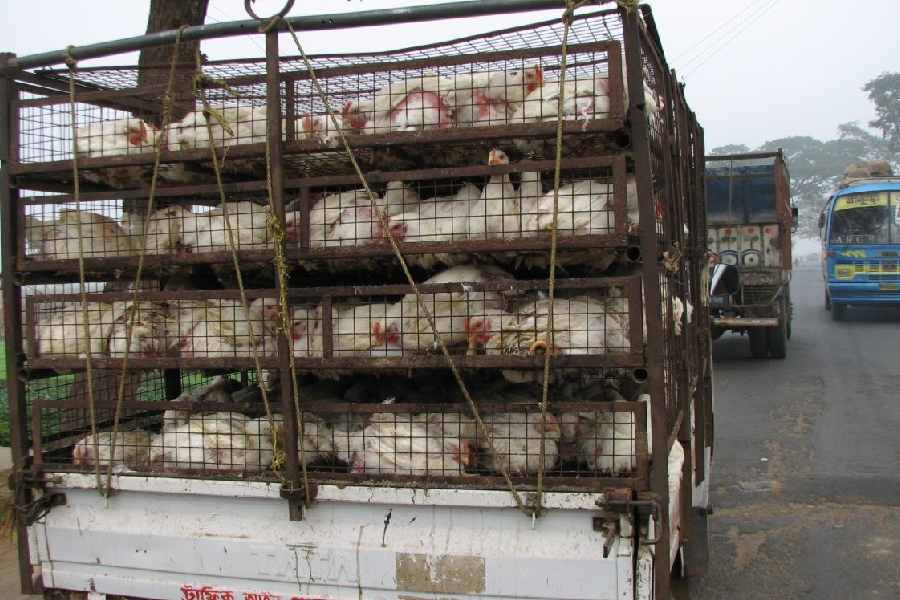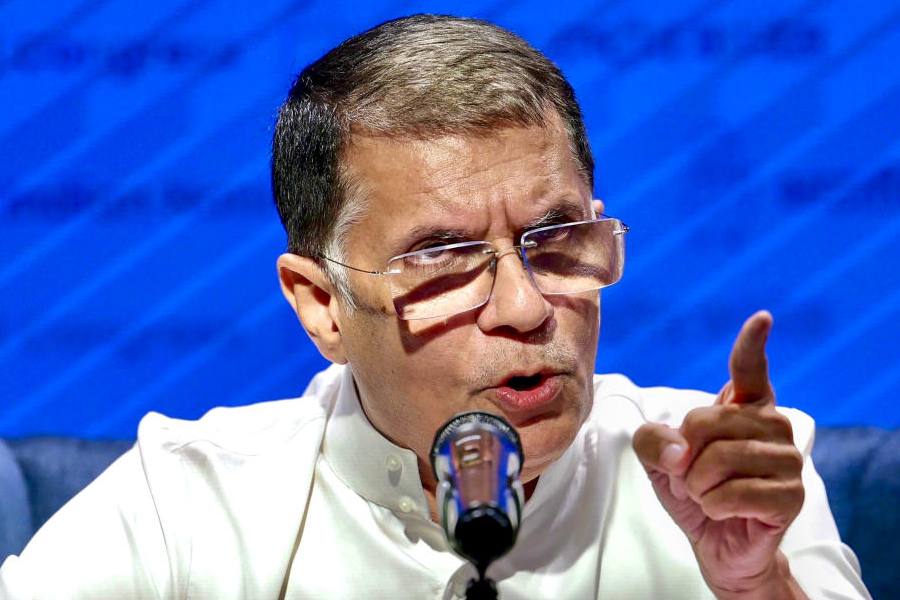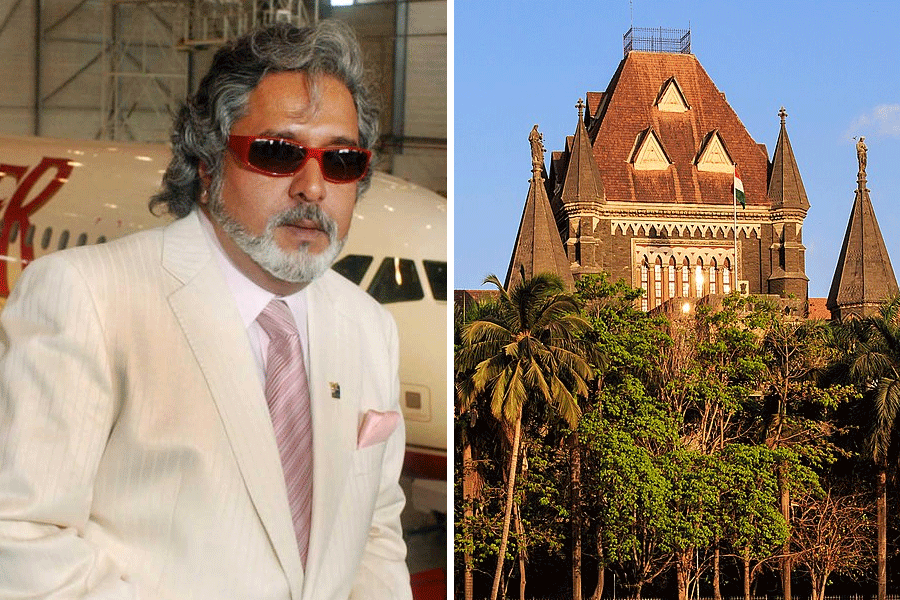Hens come home to roost
Sir — A few days ago, Anant Ambani, the youngest son of the chairman of Reliance Industries, Mukesh Ambani, encountered a truck of poultry chickens while he was undertaking a pilgrimage. He bought the chickens at double the market price to spare their lives. While Anant Ambani has cultivated a reputation for animal philanthropy, a South African organisation recently raised concerns over the export of animals to his animal rehabilitation centre, Vantara, in Jamnagar, calling for a scientific investigation into the animals’ welfare. News articles criticising Vantara have disappeared shortly after appearing as well. If valid criticism is ignored or suppressed, such public displays of benevolence amount to little more than publicity stunts.
Namita Poddar, Siliguri
New faces
Sir — The Communist Party of India (Marxist) has ushered in a new generation of leadership by electing M.A. Baby, a soft-spoken leader from Kerala, as its general-secretary and by inducting eight new members into the powerful Politburo to replace veteran leaders, such as Prakash Karat, Brinda Karat, Surjya Kanta Mishra, Subhashini Ali, Manik Sarkar and G. Ramakrishnan, who have crossed the 75-year age limit set by the party (“Baby at CPM helm, veterans bow out”, April 7). However, the chief minister of Kerala, Pinarayi Vijayan, 79, was given an exemption. Baby must aim to revive the CPI(M) in old bastions like West Bengal and Tripura, make inroads into new areas like the Northeast, and retain power in Kerala.
Khokan Das, Calcutta
Sir — At a time when the saffron ecosystem is becoming increasingly prominent in India, the Left must counter its rise by rebranding itself and strengthening its organisational base to win back the support of the masses.
Anupam Neogi, Calcutta
Sir — M.A. Baby, who has been elected the general-secretary of the CPI(M), has been a Politburo member since 2012 and enjoys the backing of the party’s Kerala unit. A section of the party was pitching for the All India Kisan Sabha president, Ashok Dhawale, to be made the general-secretary as the party seeks to expand its base in rural areas.
Bhagwan Thadani, Mumbai
Regressive views
Sir — Nations like India are caught between tradition and modernity (“Poisoned minds”, April 6). Young people are exposed to conversations regarding female empowerment while witnessing male toxicity in their homes. The male desire for domination is also inspired by online hatemongers who have an unfortunate hold on young minds. This crisis needs immediate attention.
Anthony Henriques, Mumbai
Sir — It has been scientifically proven that men and women can be equal in almost every way. Even the idea that in prehistoric societies, males used their superior physical strength to hunt while females gathered fruits and vegetables has been disproved by science. Men must thus stop trying to suppress women.
Tapomoy Ghosh, East Burdwan
Sir — The online ecosystem which pushes violent ideas of male dominance and female subservience has been exposed in the recently-released Netflix series, Adolescence. The editorial, “Poisoned minds”, has rightly highlighted acute unemployment as one of the many socioeconomic factors responsible for the rise of toxic masculinity which makes men believe that women are taking away their jobs. Therefore, instead of agitating for equitable distribution of wealth and resources, they attack women. The pressure faced by youth to find jobs after completing their expensive education is concerning.

Representational image
Studies show that 15-20% of Indian students experience significant mental health challenges. For women, the situation is even more grim. Mental health is linked to economic and political factors too. Affordable education and enhancement of job opportunities can not only solve the mental health crisis but also put an end to regressive attitudes among men and boys.
Sukhendu Bhattacharjee, Hooghly
Health is wealth
Sir — World Health Day is celebrated on April 7 each year and serves as a reminder of the importance of maintaining good health. It encourages people worldwide to prioritise their well-being. This year’s campaign, titled “Healthy beginnings, hopeful futures”, urged governments and communities to ramp up efforts to end preventable maternal and newborn deaths and prioritise women’s long-term health and well-being. The role of a healthy immune system in maintaining overall well-being was also highlighted.
Jayanthy Subrahmaniam, Mumbai
Sir — April 7 is observed as World Health Day. But merely observing this one day of the year is not enough. Constructive steps must be taken to make good health a reality for all throughout the year. The economic order all over the world is such that the poor have little or no access to quality healthcare or a healthy lifestyle. The United States of America, a major contributor to global health programmes, abruptly left the World Health Organization after Donald Trump became president. This reflects the tendency of the affluent and influential countries to give up their moral responsibility of helping relieve the poor from health crises.

Commodifying healthcare for private players to mint exorbitant profits from it puts the poor at an even greater disadvantage. Governments are prepared to spend thousands of crores on popular health insurance schemes, which directly benefit private healthcare institutions and insurance companies, but do not invest in public healthcare centres. World Health Day should motivate us to push for reforms.
A.G. Rajmohan, Anantapur, Andhra Pradesh










